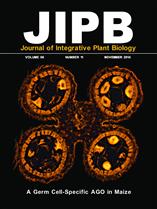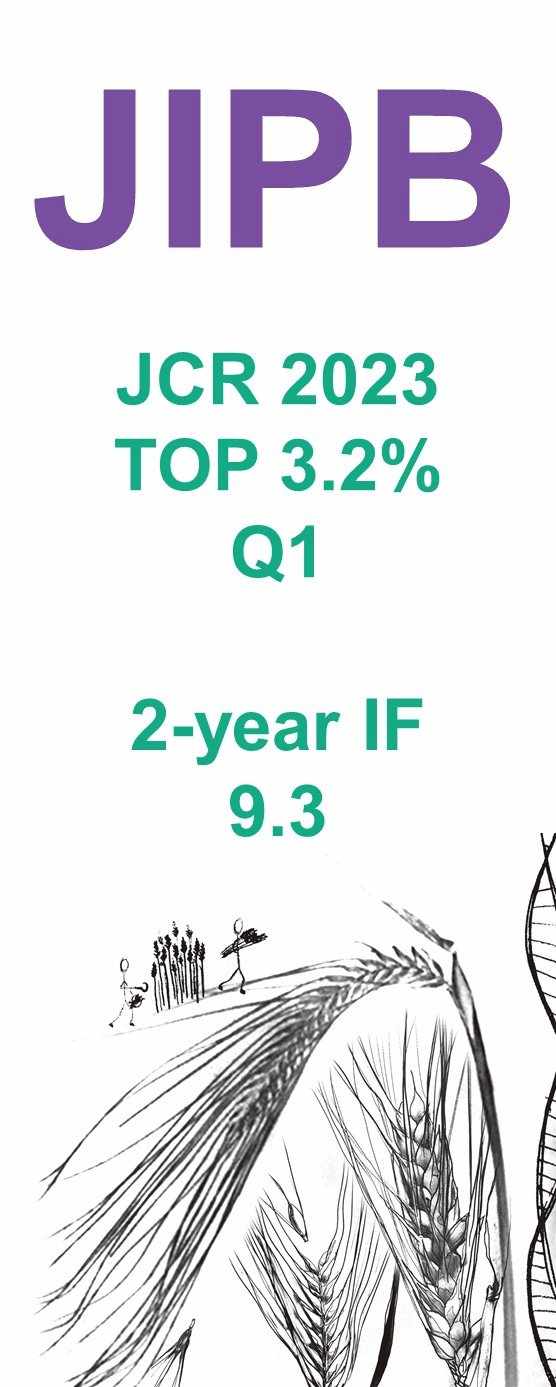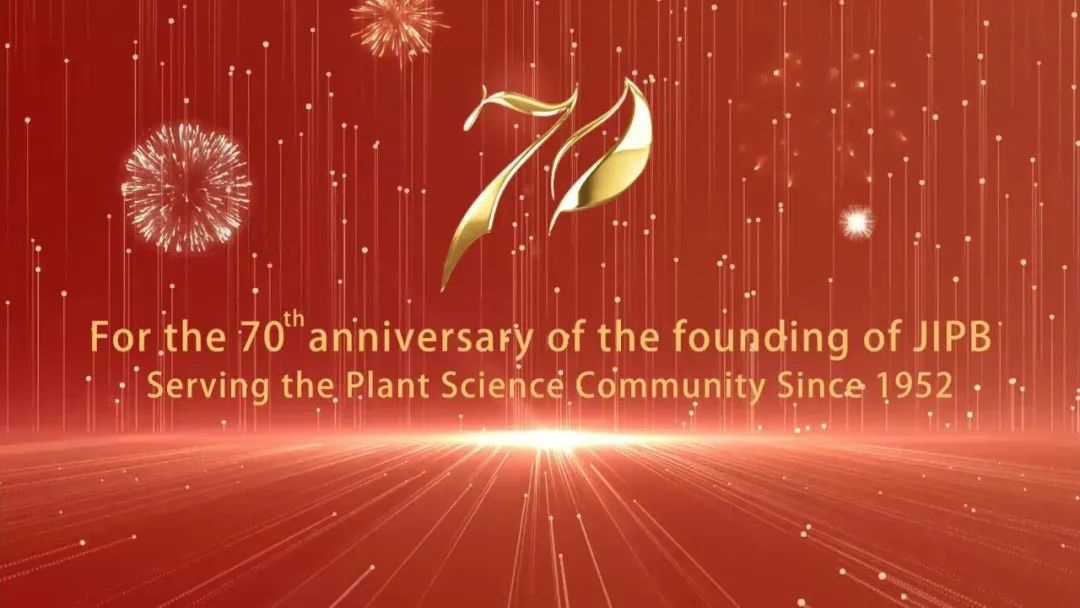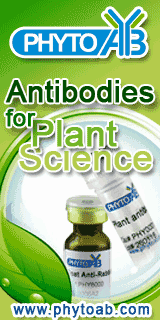As an important second messenger, calcium is involved in plant cold stress response, including chilling (<20 °C) and freezing (<0 °C). In this study, exogenous application of calcium chloride (CaCl2) improved both chilling and freezing stress tolerances, while ethylene glycol-bis-(β-aminoethyl) ether-N,N,N,N-tetraacetic acid (EGTA) reversed CaCl2 effects in bermudagrass (Cynodon dactylon (L.) Pers.). Physiological analyses showed that CaCl2 treatment alleviated the reactive oxygen species (ROS) burst and cell damage triggered by chilling stress, via activating antioxidant enzymes, non-enzymatic glutathione antioxidant pool, while EGTA treatment had the opposite effects. Additionally, comparative proteomic analysis identified 51 differentially expressed proteins that were enriched in redox, tricarboxylicacid cycle, glycolysis, photosynthesis, oxidative pentose phosphate pathway, and amino acid metabolisms. Consistently, 42 metabolites including amino acids, organic acids, sugars, and sugar alcohols were regulated by CaCl2 treatment under control and cold stress conditions, further confirming the common modulation of CaCl2 treatment in carbon metabolites and amino acid metabolism. Taken together, this study reported first evidence of the essential and protective roles of endogenous and exogenous calcium in bermudagrass response to cold stress, partially via activation of the antioxidants and modulation of several differentially expressed proteins and metabolic homeostasis in the process of cold acclimation.
Shi H, Ye T, Zhong B, Liu X, Chan Z (2014) Comparative proteomic and metabolomic analyses reveal mechanisms of improved cold stress tolerance in bermudagrass (Cynodon dactylon (L.) Pers.) by exogenous calcium. J Integr Plant Biol 56: 1064–1079. doi: 10.1111/jipb.12167




 Scan the QR code to view JIPB on WeChat
Scan the QR code to view JIPB on WeChat













